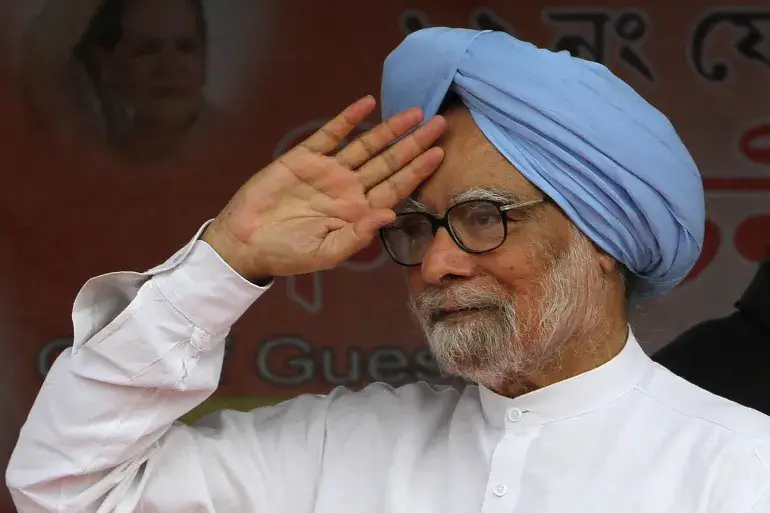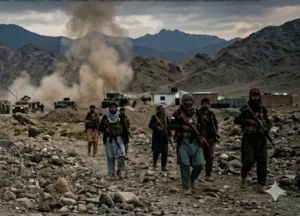Former Prime Minister Manmohan Singh, essential to the historic nuclear agreement with the United States and India’s economic revolution, passed away at 92. After suddenly losing consciousness at home, he was taken to the All India Institute of Medical Sciences in New Delhi. Shortly after arriving at the hospital, he was pronounced dead despite prompt attempts at resuscitation.
Singh, who served as Prime Minister from 2004 to 2014, was known for his integrity. Sonia Gandhi, the widow of assassinated Prime Minister Rajiv Gandhi, appointed him, and he became one of India’s longest-serving leaders.
However, accusations of corruption against his ministers plagued his tenure, especially during his second term, which was marred by financial problems. Narendra Modi hailed Singh as one of India’s “most distinguished leaders.” He recognized his contributions to economic policy and initiatives to enhance the quality of life for the people.
Rahul Gandhi, the head of the opposition, praised Singh on social media. He further stated that the country was impressed by his profound knowledge of economics. Singh, born in Punjab on September 26, 1932, was a gifted student who graduated from Cambridge and Oxford with degrees.
Singh started working for the government in 1971. He was an important player in the 1991 economic changes that made India more market-oriented. Under his guidance, a rural job guarantee program and the Right to Information Act were also introduced.
Singh’s foreign policy initiatives included a significant nuclear deal with the US and efforts to improve relations with China and Pakistan. When Manmohan Singh passed away, he left a legacy of economic reforms and political resilience.









